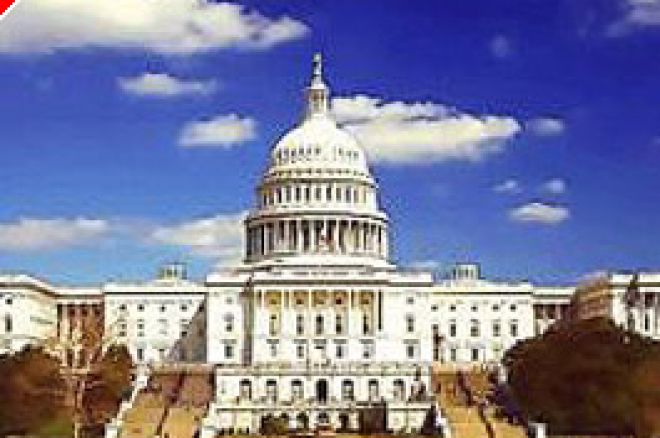EU Wants Compensation from US for Blocking Online Gambling Sites

The European Union told the United States on Tuesday it wants compensation for the U.S. having failed to comply with global trade rules when it prohibited foreign online gambling sites from doing business in the U.S.
Passed last October, the Unlawful Internet Gambling Enforcement Act (UIGEA) makes it illegal for U.S. banks and credit card companies to process transactions with online gambling businesses located outside of the country. While U.S. banks and credit-card companies still await instructions from federal regulators for how to block such transactions, several operators of foreign-based online gambling sites have already pulled out of the U.S. market. U.K.-based site operators like Sportingbet PLC and Leisure & Gaming PLC were among the many who decided to leave the profitable U.S. market once the UIGEA was signed into law.
According to Tuesday's announcement, the E.U. does not seek to return its online gambling sites to the U.S. market. As an E.U. official speaking on the condition of anonymity explained, Europe is instead seeking "commitments" in other trade sectors to replace losses incurred by the blocking of online gambling sites. "We need new concessions that would be equal with the benefits lost," the official said.
The amount of compensation being sought has yet to be determined. The loss to European businesses will first need to be measured, a process which the E.U. official said should take some time.
The news that the E.U. would be seeking such compensation was not entirely unexpected. In January 2007, the E.U.'s internal market Commissioner Charlie McCreevy told the Financial Times that the UIGEA represented a "protectionist" approach by the U.S. toward online gambling. "In my view," said McCreevy, "it is probably a restrictive practice and we might take it up in another forum." At the time, McCreevy spoke of possible legal action before the World Trade Organization (WTO), a course not then pursued by the E.U.
However, the small Caribbean island nation of Antigua and Barbuda did pursue such action, with the WTO ruling in the island's favor by finding that the UIGEA indeed placed the U.S. in violation of preexisting trade agreements. In response to the ruling, the U.S. announced in early May its decision to redefine its schedule of international trade commitments to exclude offshore gambling — in essence to ignore its own previously-agreed-upon trade compacts.
The U.S.'s decision to withdraw from its WTO commitments with Antigua and Barbuda clearly led to this week's announcement from the E.U. By backing out of this part of the WTO's General Agreement on Tariffs and Services, the U.S. opened itself up to claims from other WTO members, a possibility anticipated by the Antigua Online Gaming Association in its reaction to the U.S. backing out of its WTO commitments. "Under the WTO rules pertaining to withdrawn commitments," said the Association, "the United States now faces claims from all other WTO members for compensation as a result of the action." The countries of the E.U. are collectively represented in the WTO as the European Communities.
The E.U.'s proposal to seek "concessions" from other trade sectors — and not via the reintroduction of European online gambling sites in the U.S. — represents a compromise more readily available to the economically-powerful E.U. than to tiny Antigua and Barbuda. The E.U. could ask the U.S. to open up previously-excluded areas of trade, an option less meaningful to the Caribbean island nation. The E.U. could also slap punitive tariffs on the import of U.S. goods as a means to obtain recompense, a move that for Antigua and Barbuda would likely prove more harmful to its own citizens than to U.S. exporters.
Antigua and Barbuda may instead attempt to seek the suspension of U.S. copyright protections on intellectual property (a move for which there has been a precedent at the WTO). If allowed such a waiver, the Caribbean island nation could seek to replace lost online gambling revenues with a new, WTO-sanctioned industry of pirated U.S. software, music, and movies.
The E.U.'s announcement comes at a crucial moment in the negotiation of relationships on the international economic stage. Since 2001, member nations of the WTO have been attempting to establish a wide-ranging free-trade agreement, with the Doha Development Round of negotiations (so-called because the first meeting took place in Doha, Qatar) having been scheduled to conclude this year.
While it is clear the UIGEA and the U.S.'s handling of the WTO dispute stemming from that law has already affected the U.S.'s international standing, we may have only seen the beginning of its impact on the U.S. and world economy.








